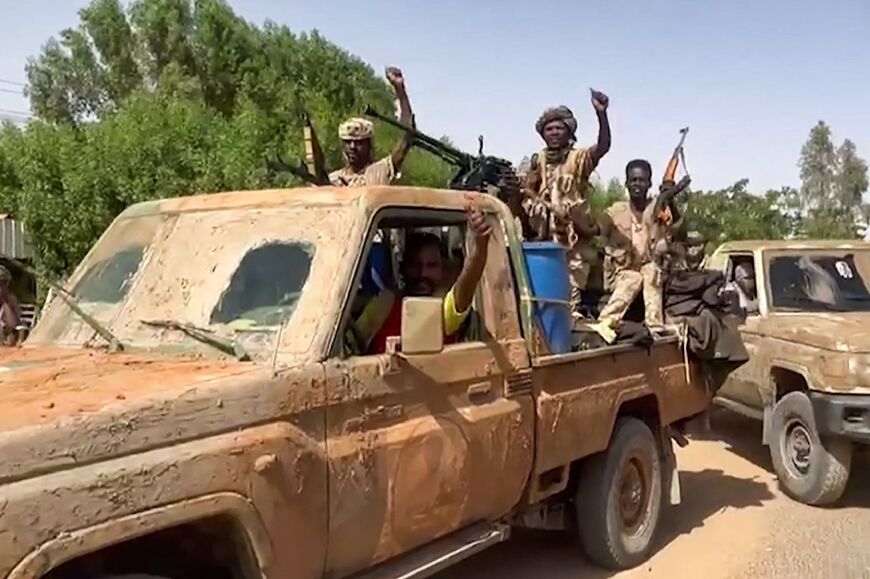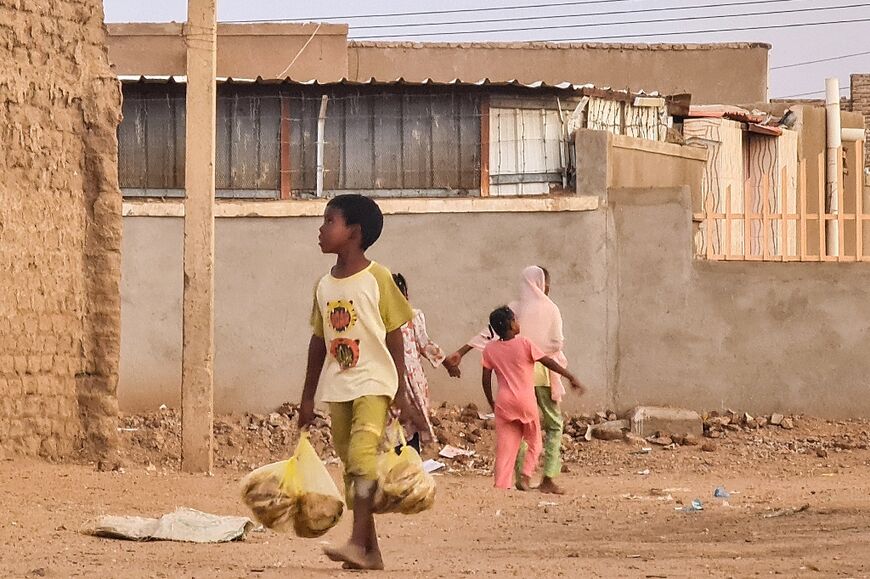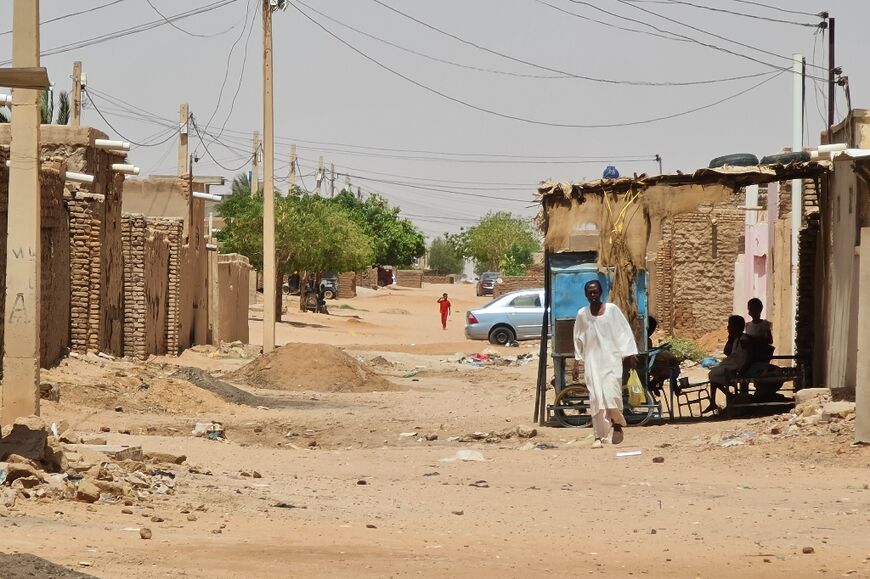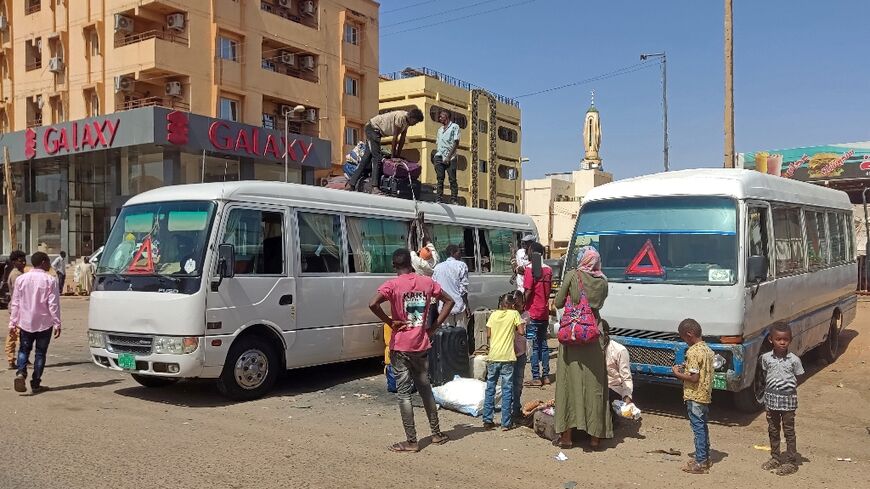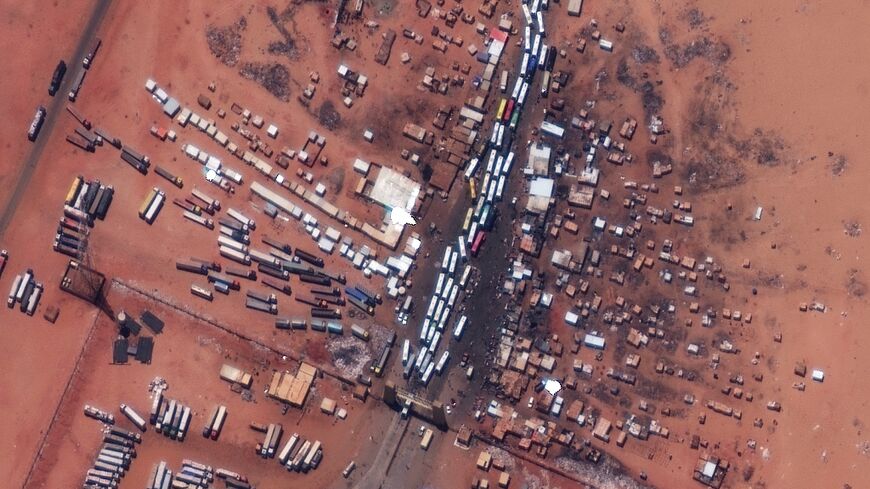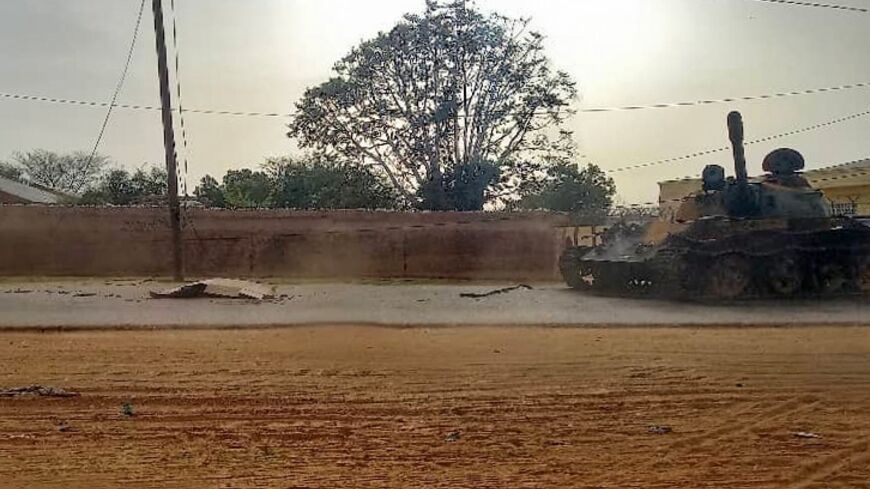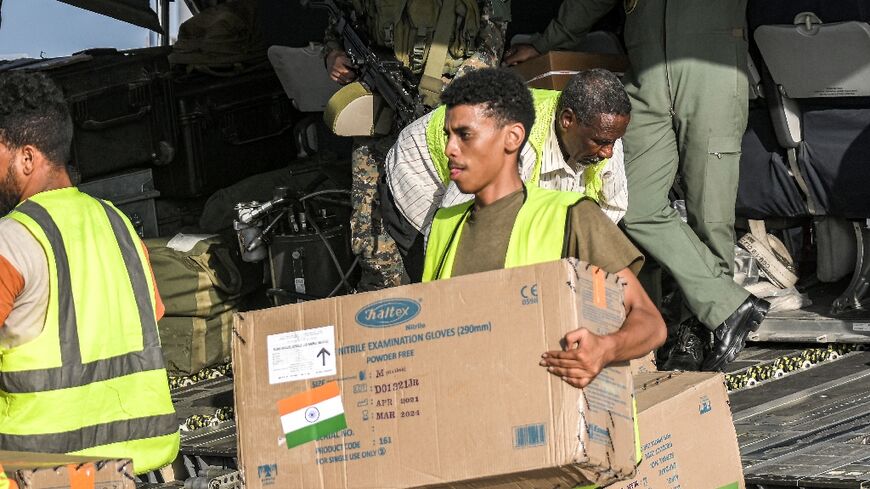Sudan warring parties trade blame as fighting rages
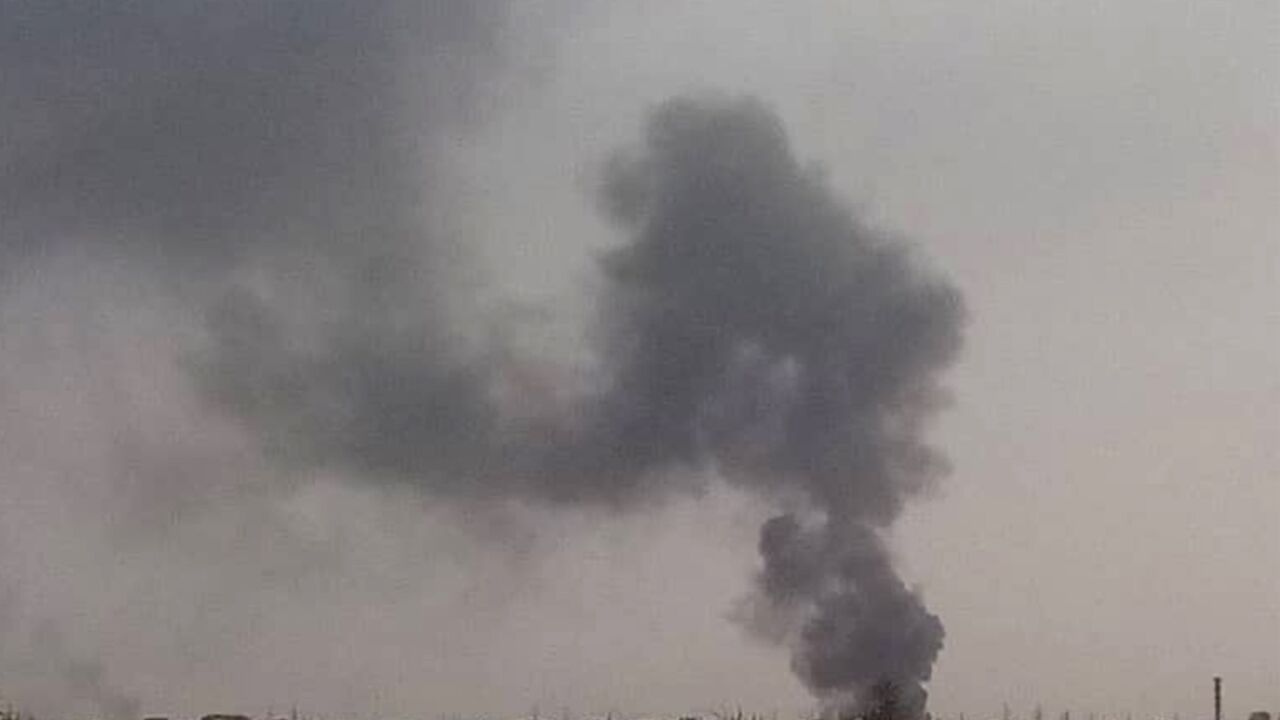
Explosions rocked Khartoum on Thursday, more than two months after fighting broke out between rival Sudanese generals, with each side accusing the other of attacks on civilians.
Witnesses in the east of the capital reported artillery fire, while others in the northern suburbs said the force of heavy shelling from an army barracks shook the walls of houses.
Air strikes again pummelled several areas of greater Khartoum.
In Omdurman, Khartoum's sister city just across the Nile, "heavy aerial bombardment and anti-aircraft weaponry" battled "for more than two hours and has not stopped", a witness told AFP.
In central Khartoum, witnesses said clashes erupted on the streets as "military aircraft flew overhead" in an area that "had been calm for 10 days".
The fighting between the regular army, led by Abdel Fattah al-Burhan, and the paramilitary Rapid Support Forces (RSF), headed by his former deputy Mohamed Hamdan Daglo, has claimed more than 2,000 lives since April 15.
The latest in a series of ceasefires that have all been systematically violated ended on Wednesday morning, and fighting resumed within minutes.
The three-day US- and Saudi-brokered ceasefire had brought a brief respite to the millions of civilians trapped by fighting and suffering shortages of medical care, electricity, water and other essentials.
The army accused the RSF of "taking advantage of the truce to mobilise its forces and commit several violations against civilians".
The RSF in turn accused the army of fabricating a video of a rape, alleging "one of the actors appeared in the uniform" of the armed forces, "proving their guilt".
Fighting has largely been concentrated in greater Khartoum and in the Darfur region in the west, but on Wednesday, the army accused a key rebel group in South Kordofan state, hundreds of kilometres (miles) south of Khartoum, of having "attacked" its troops.
On Thursday, witnesses reported "heavy clashes" between rebel and army troops in Dilling, 130 kilometres (80 miles) north of the state capital Kadugli.
- Darfur fighting rages -
The deadliest fighting has raged in Darfur, a vast region the size of France on Sudan's western border with Chad.
Witnesses in El Fasher, the capital of North Darfur state, reported "clashes between the army and the RSF" after hours of increased "tension and mobilisation on both sides".
"Last night (Wednesday) there was a movement of military vehicles and a repositioning of the RSF," who "attacked from both sides towards the city centre" on Thursday evening, a resident told AFP.
In Nyala, the capital of South Darfur state, troops clashed with paramilitaries on Wednesday using "all types of weapons", residents told AFP.
In Darfur, home to ethnic minority groups as well as Arab tribes, the conflict has "taken an ethnic dimension", the United Nations has warned.
At a donors' conference in Geneva on Monday, the international community pledged to raise $1.5 billion in aid for Sudan and neighbouring countries, but that amounted to less than half the estimated needs.
"Those pledges are generous, yet they total only half of what the UN estimates is required," said Will Carter of the Norwegian Refugee Council.
"It is too little given the sheer scale of the catastrophe that is unfolding," he wrote in an article published in The New Humanitarian.
A record 25 million people -- more than half Sudan's population -- need aid and protection, the United Nations says.
The conflict has plunged Sudan into chaos, with combatants occupying homes, looting properties and committing other abuses.
In his article, Carter cited the testimony of a person who had fled Khartoum and met him in White Nile state, on the border with South Sudan.
"The bombs kept falling and the walls kept shaking," he quoted the unnamed person as saying. "The children stayed under their beds, but a bullet crossed into the wall a few inches from them."
Almost 600,000 people have fled Sudan for neighbouring countries, the International Organization for Migration said on Tuesday.
More than two million are displaced inside Sudan, according to the UN High Commissioner for Refugees.
